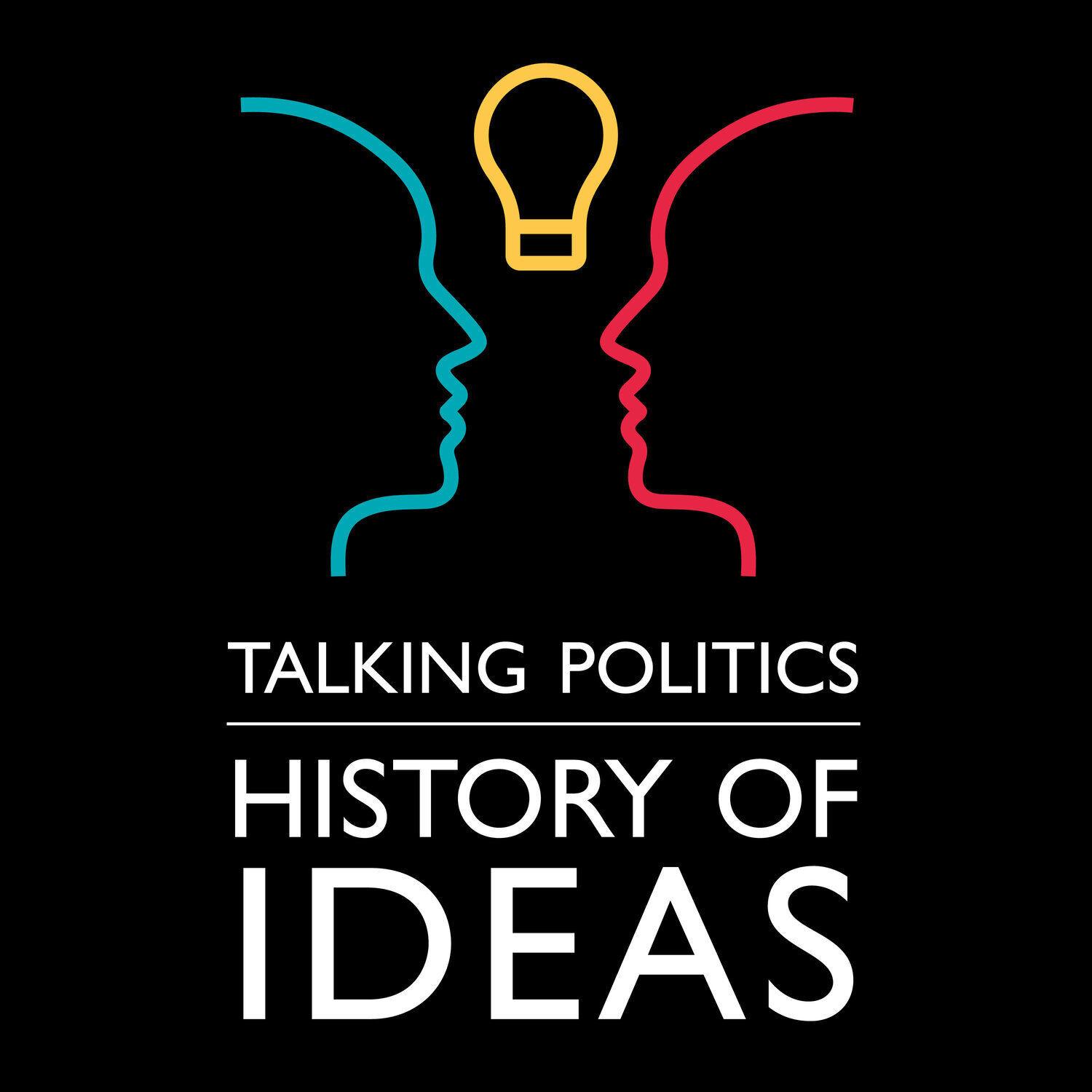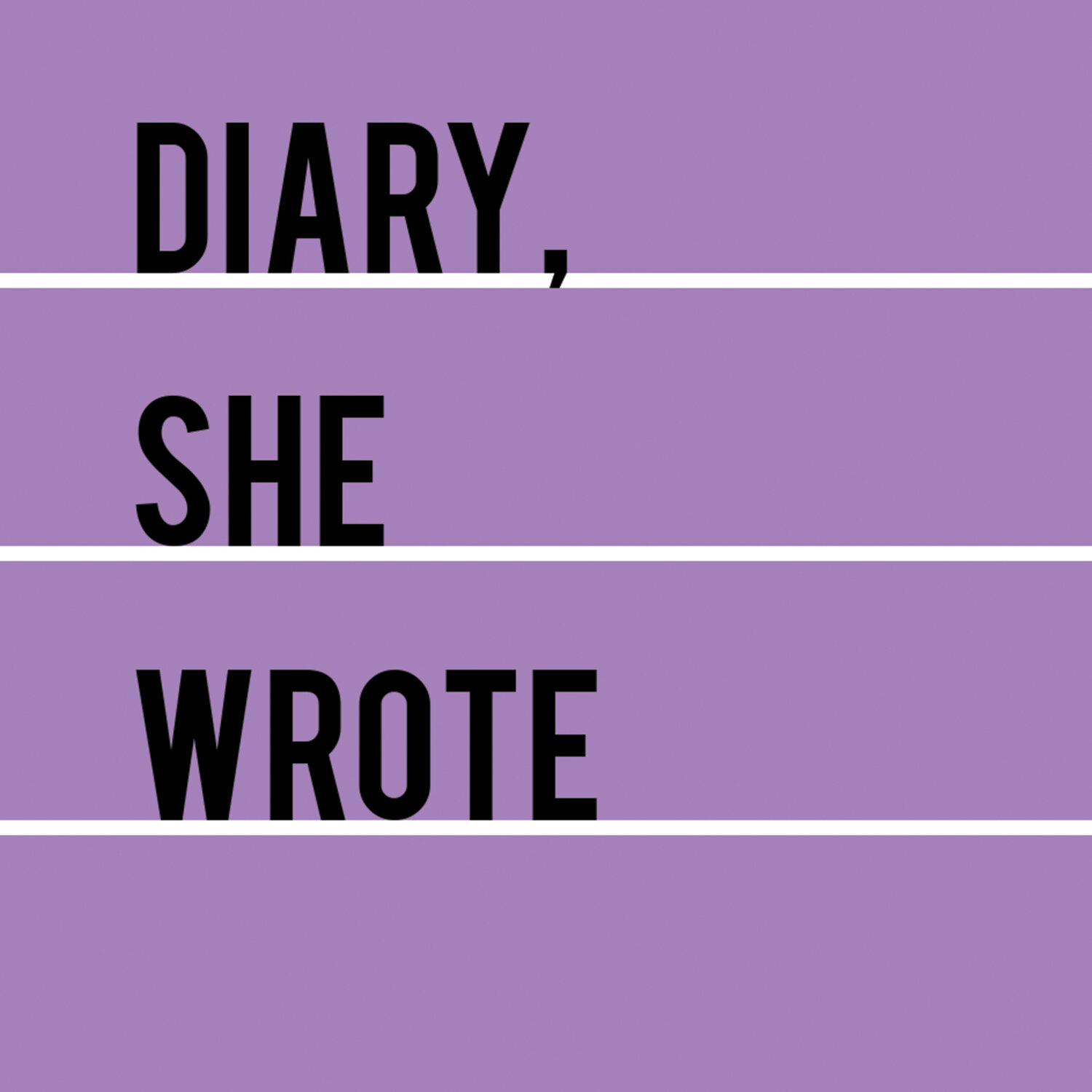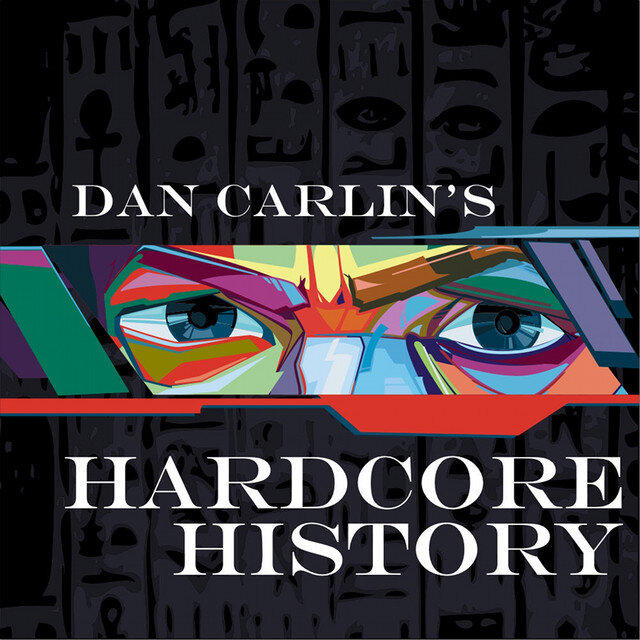Going Solo: How to Podcast for your personal brand
Just you and a microphone. Sounds simple, right? Actually, a great solocast is a difficult format to master, but one that can be worth the work - especially as a powerful source for personal branding, and sharing individual stories.
A ‘solocast’, for reference, is one host speaking on a subject, carrying an episode solo. Done badly, solocasts can embody some of the worst stereotypes of podcasts - ranty, unstructured, or indulgent. However, we don’t have to look far to find examples of podcasts that showcase the real potential of the format.
From established classics like Dan Carlin’s cult hit Hardcore History, to John Green’s cerebral Anthropocene Reviewed and the beloved The Memory Palace, solocasts hold their own in the podcast canon. When done well, this format builds intimacy, connection, brand affinity and authority with your audience. Here’s how:
Intimacy
Intimacy with an audience is a powerful way to introduce a personal brand. You only have to tune into podcasts like Diary She Wrote, and Probably True to see this in action. Both hosts give audiences a no-holds barred glimpse into their world through confessional style monologues.
Scott Flashheart of Probably True says of his decision to go solo that, “There were plenty (too many!) podcasts that were just two people having a conversation. I didn't feel that I could bring anything new to the format, or do anything that would really stand out as worth listening to against all of the others.” Taking a more personalised approach, he says, enabled him to really be creative and offer something unique.
Connection
Going behind-the-scenes with an individual can really bring a personality or a project to life. For the In Focus podcast, David Yarrow offers, “A dive deep into the narratives behind the work.” By talking us through the experiences behind particular photographs from his portfolio, David is able to dig into the context of his art, which brings new layered meaning to the work: “Sometimes it was the cultural landscape of the moment, in others, my life was in danger, sometimes, I was suffering personally. These stories influenced and shaped the course of my career as a photographer and continue to do so. If I can give people a glimpse into my bizarre world and captivate or inspire them for just a moment whilst doing so, then I have done my job as a storyteller.”
Brand Affinity
After the podcast Criminal, the host Phoebe Judge has gone on to host a spin off show where she essentially reads audiobooks in the form of a podcast. Building affinity with her voice was a powerful move in developing a relationship with her audience. Her voice is widely quoted as one of the best in the business, and a certified fan favourite.
Authority
By creating a solocast that is well-researched and well-presented, you can become a trusted voice of authority. Great examples include Dan Carlin’s Hardcore History, and the Talking Politics podcast. Both have become revered for their subject matter and furthering the personal brand of their hosts.
In the words of Sandra Ferrari, Producer of In Focus with David Yarrow, the solocast format is perfect “when emphasising an emotive story or a story meant for a targeted listening experience.” A possible pitfall of solocasting is the potential to sound monotonous. Maintaining the listeners curiousity is more challenging with only one speaker, but there are many ways to keep the podcast engaging throughout. We spoke to professionals both in front of and behind the microphone, and offer up the following tips:
1. Maximise your sound-design
Using sound design to add interest to your presentation can really make the difference. Here are some examples of the same sound clips, with and without sound elements integrated in:
Producer Sandra Ferrari also recommends choosing the right microphone and setting up a good recording scenario to capture high quality sound. Learn more about the power of sound and why good quality audio matters here.
2. Consider your episode length
It can be tough to fill hours and hours alone as a single host speaking into a microphone. Short and sharp episodes will help you avoid becoming a podcast trope of someone ranting into the void - keep to your topic and know when you’ve said enough. Utilise your editing time to ensure your episode has just what it needs and conveys the story in a timely fashion for the audience. Shorter podcasts are not a problem - the old adage is true: it’s quality, not quantity that matters.
3. Find a helping hand
The double-edged sword of a solocast is that, while you may have all the creative control, you also have… all of the creative control. Scott Flashheart, host of Probably True, emphasises that one of the biggest challenges of solocasting is the fact that it is ‘solo’; “If you don't do something, it doesn't get done,” he says. “There's always more to do. Written an episode? Great. Now record it. Then edit it. Then publish it. Time to relax? Nope! You need to push that episode so people will listen to it, and also start work on the next episode, because the deadline is coming up again. It's a big, hungry beast that is never satisfied.”
Sandra Ferrari adds that a new host who has little experience in broadcasting should work with a producer. You may be going solo on mic, but a producer can help you deliver your scripts in a fresh and engaging way. This will ensure that a host is “pacing themselves and emotively connecting in the delivery of their script.” Alongside production help, it can be worth seeking support to ensure your podcast is edited and distributed effectively, too.
4. Lean into the preparation
This point is about the talent, or host, behind the solocast. Finding the right story and pairing it with the right host is a huge part of any successful podcast, but in a solocast this is even more important. No matter your experience level, as a host you should have the script down, and lean into the preparation behind it, ensuring you are familiar and comfortable with everything that needs to be said. Sandra suggests reading aloud multiple times before heading into the studio to record, and making notes to help you with your delivery. This might include underlining words to emphasise or indicating where to pause for dramatic effect. The key then, she says, is “Practice, practice, practice!” And having a producer on hand to coach a host through the recording, handle all the technical considerations, and allow the host to stay focused on delivery, can’t be overlooked.
Final advice…
A solocast can be a lot of work for any one individual, but can act as a huge boost for a personal brand and to develop a rapport with an audience that advances your branding goals. Flashheart adds it’s important to remember to “Find the joy in it - it should be fun. When it starts to be a grind, put it down and take a break. Your brain (and your social life) will thank you, and your audience will still be there when you come back.”
Want to learn more about solocasts? Find out all the podcast production services we offer here.








